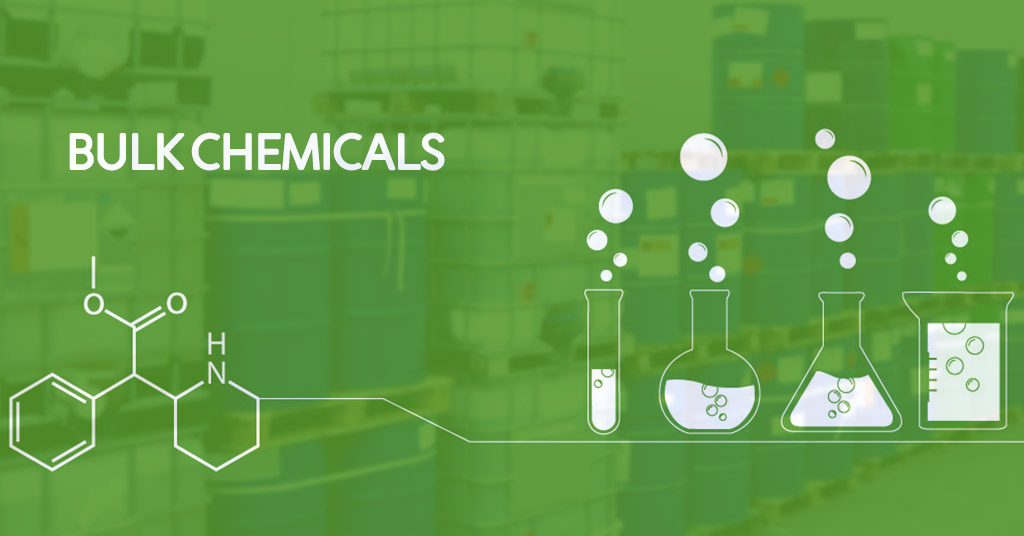Welcome To ChemAnalyst

Japan: The German Japanese government consultations, scheduled for the weekend, will be a big event. Chancellor Olaf Scholz will be leading a small team of ministers to Tokyo to discuss energy security and other topics. Japan is considered an important partner and role model by Germany in this area. Furthermore, Japan has provided great insights on how certain issues can be approached in a different way especially regarding the Hydrogen economy and Ammonia (NH3).
Shipowners around the world are hoping to find an environmentally friendly alternative to dirty fuel. Japanese heavy industry group IHI is leading the way in this movement with a two-megawatt turbine that runs completely on Hydrogen, which is the first of its kind. According to Nobuhiko Kubota, who heads development at the company, they've demonstrated it in their research center in Yokohama. The turbine could be used not only as ship fuel but also as a replacement for coal in power plants.
A new breakthrough in technology is set to be presented this year: the installment of an IHI boiler at a large coal-fired power plant to allow for the burning of Ammonia in addition to coal. This new development could become a game changer in terms of making existing facilities more cost and energy efficient, without requiring major conversions. The initial proportion of Ammonia planned for this endeavor is 20 percent, with plans to steadily increase it if necessary.
IHI hopes that this innovative solution will be widely adopted across Asia, where many coal-fired power plants are currently being constructed that will still be in operation decades from now. This way, emissions from these plants could potentially be reduced as they progress occur over time.
Japan has always been pushing the boundaries of electronics, often accomplishing the seemingly impossible.
The Japanese government is throwing their weight behind Hydrogen derivatives as they strive to meet their energy needs through Hydrogen and Ammonia. Hydrogen derives have become an attractive alternative to Hydrogen fuel due to their stinky, yet toxic nature.
On the one hand, Ammonia is more cost-effective than Hydrogen due to it being cheaper and easier to transport. At atmospheric pressure, Hydrogen liquefies at -253°C while Ammonia can become liquid at just -33°C and a relatively moderate pressure of 9 bar. On the other hand, liquid Ammonia has 70% more energy density compared to liquid Hydrogen.
Japan's unique location and geology makes it a challenge to provide renewable energy. With almost 90 percent of the nation made up of mountains, there are limited areas suitable for solar and wind power plants. Furthermore, its remote southern islands have weaker winds yet more powerful storms such as typhoons, making offshore wind turbines harder to construct than in Europe.
An expert has stated that Japan is strong in the processing industry, like Germany, and this requires a lot of heat which electricity is not very good at generating. This need for heat is seen in industries such as steel and chemical production and so natural gas is often used. However, it could be replaced with low-carbon Ammonia which would allow Japan to import solar and wind power from other countries such as Australia. In this way, large power plants would be able to provide energy to separate Hydrogen from water before converting it into Ammonia.
We use cookies to deliver the best possible experience on our website. To learn more, visit our Privacy Policy. By continuing to use this site or by closing this box, you consent to our use of cookies. More info.
